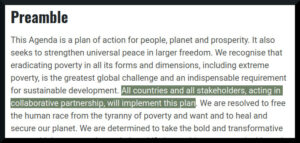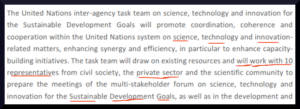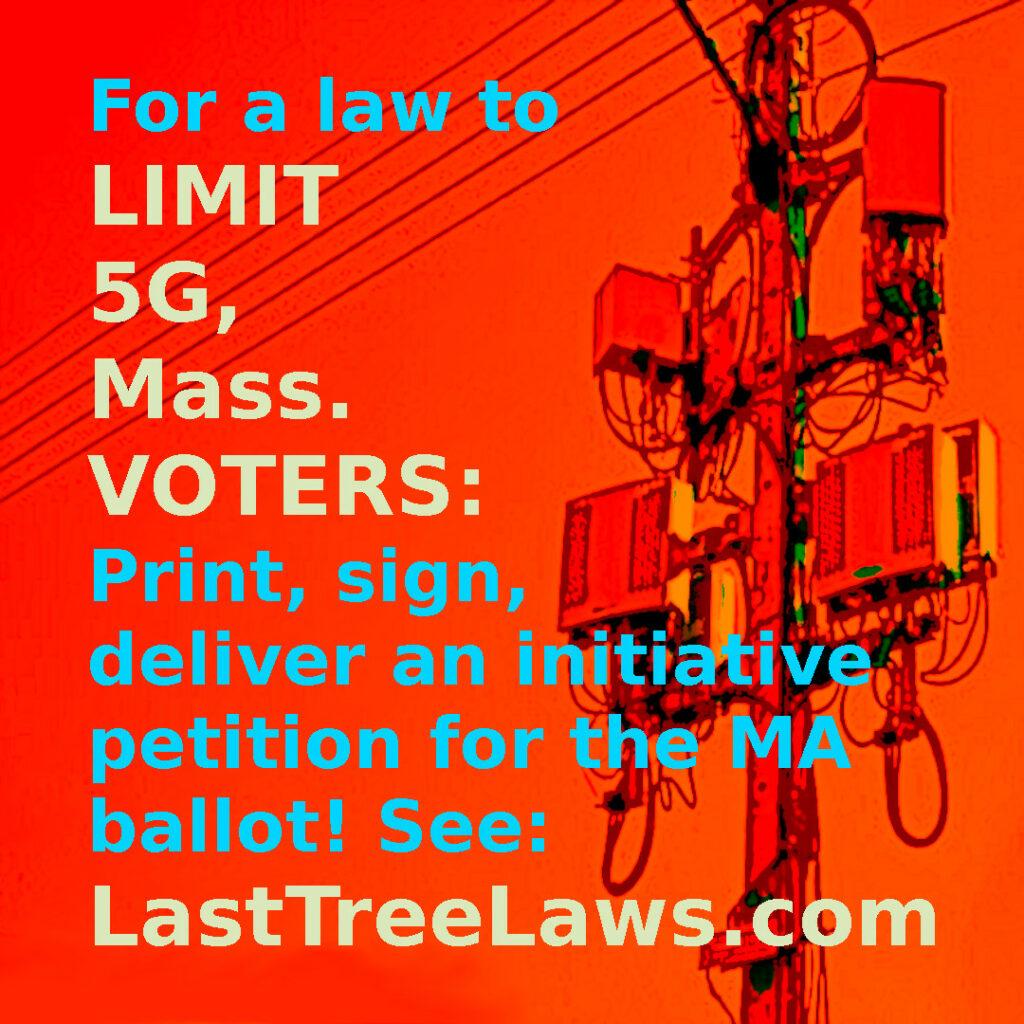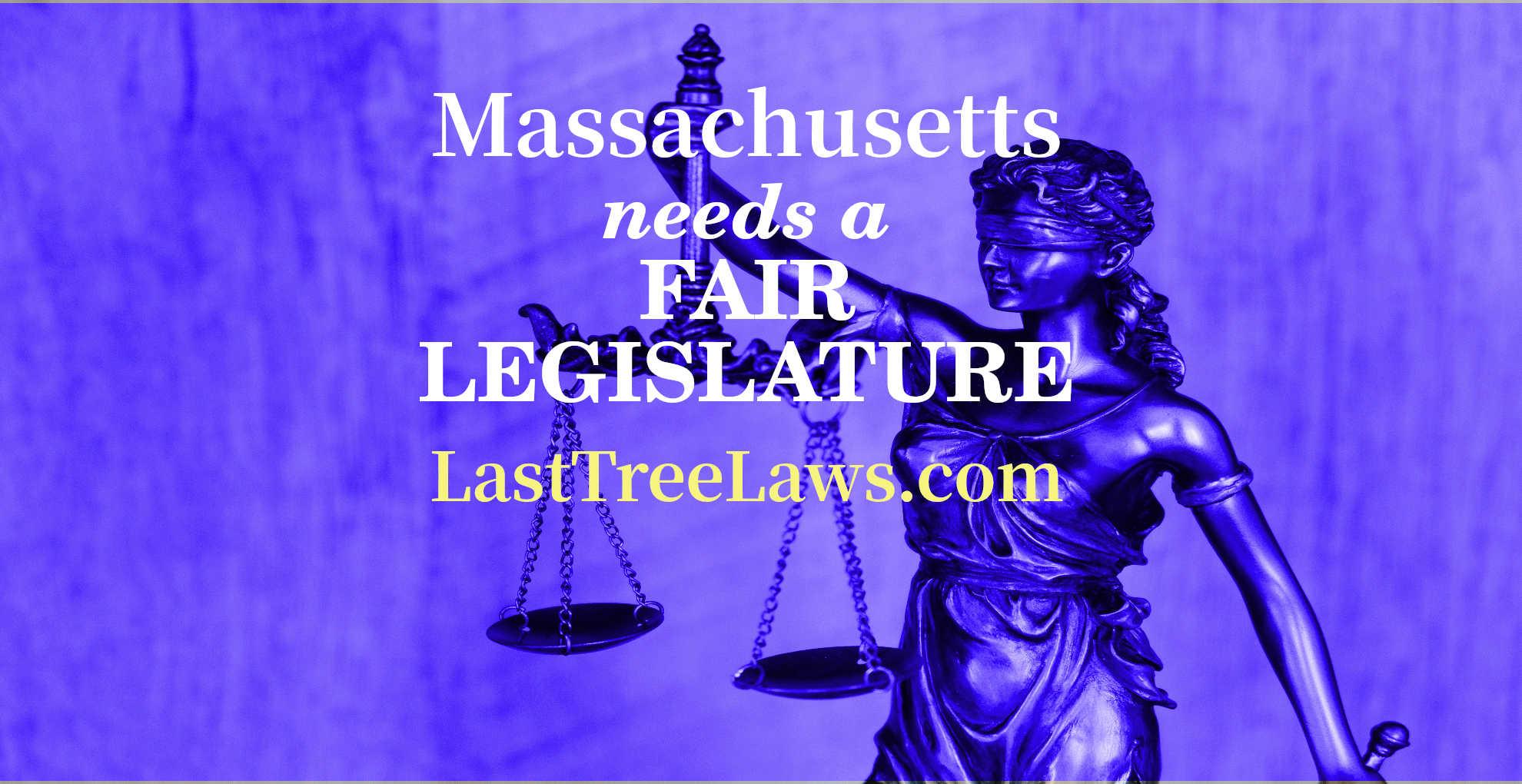What’s with Agenda 21?
by Kirstin Beatty – Updated 27 August 2021
I was curious what is with Agenda 21, tossed about as an evil by some, and examined complaints to find some good and bad. I learned that the United Nations has some serious problems now for one reason.
In 2019, the United Nations made an accord with the World Economic Forum (WEF) to circumvent votes from each nation in favor of including business stakeholders in formulating decisions, as discussed in an article by Harris Gleckman on OpenDemocracy.net. This is part of a push for ‘stakeholder capitalism’ which replaces democratic processes with business leaders in charge, with other examples including the WHO and Common Core.
The UN Agenda 21, now Agenda 30, is not mandatory or enforceable. However, Agenda 30 includes many laudable goals, such as recommendations to protect the rights of women and support environmental health for all.
Continuing with the positive, Agenda 30 seems to make some attempt to prevent big business from winning all contracts and owning everyone and everything. Small farmers, which have been decimated by the false promise of a green revolution and industrial agriculture, are to be protected from big business. Of course, protection may not exist in practice.

Secondly, the United Nations is an organization intended to share the thoughts of nations, or governments, rather than businesses. A one nation, one vote policy was intended to give even small, poor countries a say.
Isn’t discussion among nations helpful to preventing war? So, check, another positive.
Yet, in 2019, the United Nations made an accord with the World Economic Forum (WEF) to circumvent votes from each nation in favor of including business stakeholders in formulating decisions, as discussed in an article by Harris Gleckman on OpenDemocracy.net.
Ivan Wecke, in an article also posted at OpenDemocracy.net, discusses how the WEF chairman Klaus Schwab has promoted ‘stakeholder’ capitalism, intended to give corporations more power by setting aside democratic precepts of government so that corporations make decisions.
As with treaties and trade agreements, transnational corporations were welcomed to help craft the Agenda 30 vision, and Agenda 30 states that nations and ‘stakeholders’ (i.e. businesses) are to take apart in achieving the goals.

In other words, transnational businesses will have access to the U.N. plans most lack, and the time and wealth to ‘fix’ decisions with details against cheap solutions in favor of saleable investments. While U.N. plans are unenforceable, the plans are meant to guide countries and are influential.
To welcome transnational corporations into these discussions undermines the one nation vote policy and is a fundamental problem existing not only within the United Nations, but within U.S. local, state, and federal representative government, where businesses are often invited as ‘stakeholders’ into crafting laws and policies.
Even without being invited to help craft plans, transnational corporations can monopolize business opportunities and undermine competition. A more recent problem is that transnational corporations can frame the conversation and public attitudes towards these plans with technological propaganda and wealth. Advance notice of United Nation plans helps transnational companies revise, undermine, and outright oppose ideas shared by nation representatives.
With illusions created by wealth, transnational companies can sidestep real solutions and cause indirect harm, such was seen in the opioid crisis.
I haven’t read the entire document, but Agenda 30 emphasizes innovation, such as modern energy investments. Yet better, cheaper options may exist with older technology or with none at all. Even though businesses may want smart cities, many regular people want to do without all of the technology for reasons of privacy, public health, and environment. Yet, businesses are likely to argue otherwise due to conflicts of interest.
I’ve criticized the smart grid as costly and harmful for several years, but my criticisms have fallen on deaf ears in both business and government.

There is a positive statement advancing the concept of medicine for all, or of affordable medicine, which remains a dream in many countries, but nowhere does Agenda 30 address accountability for pharmaceutical companies regarding honest marketing and safer pharmaceuticals.

Covid-19 is a perfect example of how admirable goals can be circumvented. Vitamin C, D, antivirals, and any cheap treatment are not part of the conventional standard of care or of much consideration. Vaccines for all are being offered only at hefty prices and, with emergency authorization liability protections for indemnification through the U.S. PREP Act. Abroad, companies have refused to provide vaccines unless profits and indemnity are assured. In the USA, no payouts for any related adverse reactions have been made at all, despite 1,693 claims as of 2 August 2021. Any risk taken is a risk borne, apparently, only by the private consumer. People say that vaccine court exists to protect the ‘outliers’ but it is quite dangerous when impunity exists and there are not any payouts either from government or from pharmaceutical companies. As a nation, we need to protect people just as the Statue of Liberty suggests, rather than lambast people who suffer.

However, I can’t blame the United Nations alone, or transnational companies, for failing to consider pharmaceutical accountability. The United States has done little to halt conflicts of interests of government officers or to insure pharmaceutical accountability. The answer is to first set up laws in our own country to at least prevent conflicts of interests, such as the ballot measure proposed for a more egalitarian legislature.
As far as private property dispersal there is a vague statement that all should have equal access to ownership of property. Agenda 30 uses the words “access” to ownership, which suggests that the meaning is about preventing discrimination in ownership, such as the historic denial of home ownership to African Americans or in some countries to women and ethnic minorities. It could also refer to preventing homelessness. I’m sure corporations selling rental property can manipulate this idea to find a different meaning, but I don’t think it was intended otherwise when written.
Equal rights to economic resources is also discussed, which may involve rights to water as countries struggle over drought or rights to agricultural land for farmers. While a nice idea, this goal is likely to go ignored, especially since the United Nations cannot enforce any of its recommendations. Israel and Palestine battle over land in a way that shows just how useful recommendations for sharing are heard.
The arguments against Agenda 30 based on giving away private property are specious. If ‘property’ is ever shared freely by the wealthy, then it will be a cover for transferring liability or creating ‘sharecroppers’ of some kind. There has always been the risk that government takes property by eminent domain, but the idea that this would happen to everyone seems like a recipe for revolution. To take property away from the middle class, it would seem easiest simply to bankrupt the middle class such as with runaway inflation instead.

As far as sharing wealth otherwise, Agenda 30 advocates for social protection measures and these, if business interests reign, may not necessarily equal high quality work, education, or housing. The idea is noble, but is for ‘coverage’ which may come with conditions.

Presently, businesses are mandating medical treatment for Covid-19 — this sets a precedent to allow businesses to mandate any medical care for ‘societal good’ even if the concept of societal good can be manipulated and abused. At one time women were thrust tossed into mental hospitals on questionable psychological assessments, in order to limit their opinions or to acquire their property. Many are today depressed, and depression can still be used as an excuse to mandate unwanted treatment.
I also see a statement that private property cannot be an excuse to harm others through environmental devastation, with which I’m sure we can all agree. Do you want your neighbor or any business to be excused on the basis of personal property to place, on their property, a hazardous chemical dump next to your home?
In sum, the criticism of Agenda 30 across social media is largely about redistribution of private property, which I can’t find in the text.
Is the criticism that Agenda 30 will mean loss of private property fabricated by corporate interests to divert attention from the positive goals of Agenda 30, including limits on corporate power, or to divert attention from the detrimental influence of business interests? The American Policy Center, at the forefront of Agenda 21 and UN criticism, has long campaigned against corporate regulation, including pharmaceuticals, and environmentalism under the guise of private property rights.
Criticism of Agenda 30 is also part of a campaign against the United Nations. Check the news, and you’ll see that there is a campaign against the United Nations as well – why, I’ve no idea. I may be against transnational companies participating, but not against the concept of the United Nations.
I see the criticism of Agenda 30 is often laced with the words communism and socialism. This seems like a trick to get people to automatically react badly to the words communism and socialism, when people should be able to discuss economic ideas calmly.
Socialism has been successful in cooperatively-owned businesses. In socialism, the means of producing or distributing goods is owned collectively, such as work cooperatives like Real Pickles. Socialism can also mean when the government owns the means of producing and distributing goods as exemplified in part by Medicare and Social Security. The U.S. military has been held up as a partly socialist system.
Socialism does not appear to be discussed in Agenda 30, and cooperatives are mentioned only as a business entity like any other — not with any preference.
There isn’t a country that is fully socialist, but several have adopted some socialist programs or policies. Denmark and Costa Rica seem to have done well with high taxes and universal health care as the National Geographic ran an article some years ago on how Denmark and Costa Rica have among the happiest people in the world.
There is not mention in Agenda 30 of providing universal health care, although universal coverage appears mentioned as part of ‘social protection’ — coverage comes with many more conditions than anything universally applied. Restructuring taxation is not mentioned either, except to restructure energy subsidies away from fossil fuels.
In contrast to socialism, communism has failed in many countries. Communism occurs when the community provides funds to the government for equal redistribution, but in practice governments have pocketed the money. Some have observed that communism could work on a small scale, such as within a tribal community.
The ideal of communism is nice, and deserves less hate.
Communism is often used as an insult because of its association with authoritarian governments but also, probably, since communism frightens the wealthy. At one time just being accused of being a communist destroyed careers of people who were not even communist as part of the ‘Red Scare’ propaganda. To weaponize the word communist or any other academic idea is dangerous as it supports aggression, censorship and undermines free discussion.
Associating Agenda 21 or 30 with communism is pushing it. The United Nations, full of capitalistic and some wealthy nations, is not going to become communist or, if so, not easily.
The use of communism and socialism as marketing campaign insult to Agenda 30 may be a marketing trick to create division and shut down discourse. Agenda 30 doesn’t, so far as I can see, have anything at all to do with socialism or communism. The criticism, if it is even a criticism, is way off base. I would say that is a marketing trick. If only criticisms exist of Agenda 30 as communism or socialism, which does not exist in the proposal so far as I can see, then critics must be dismissed and Agenda 30 must be a good thing. I would say the public is being misused to attack Agenda 30 on the wrong and imaginary basis, rather than on any real basis, and I wonder if leading critics are paid for by some party intent on sowing division and prejudices in the United States.
Or, I wonder if the criticism is simply to divert attention from more important avenues for change.









